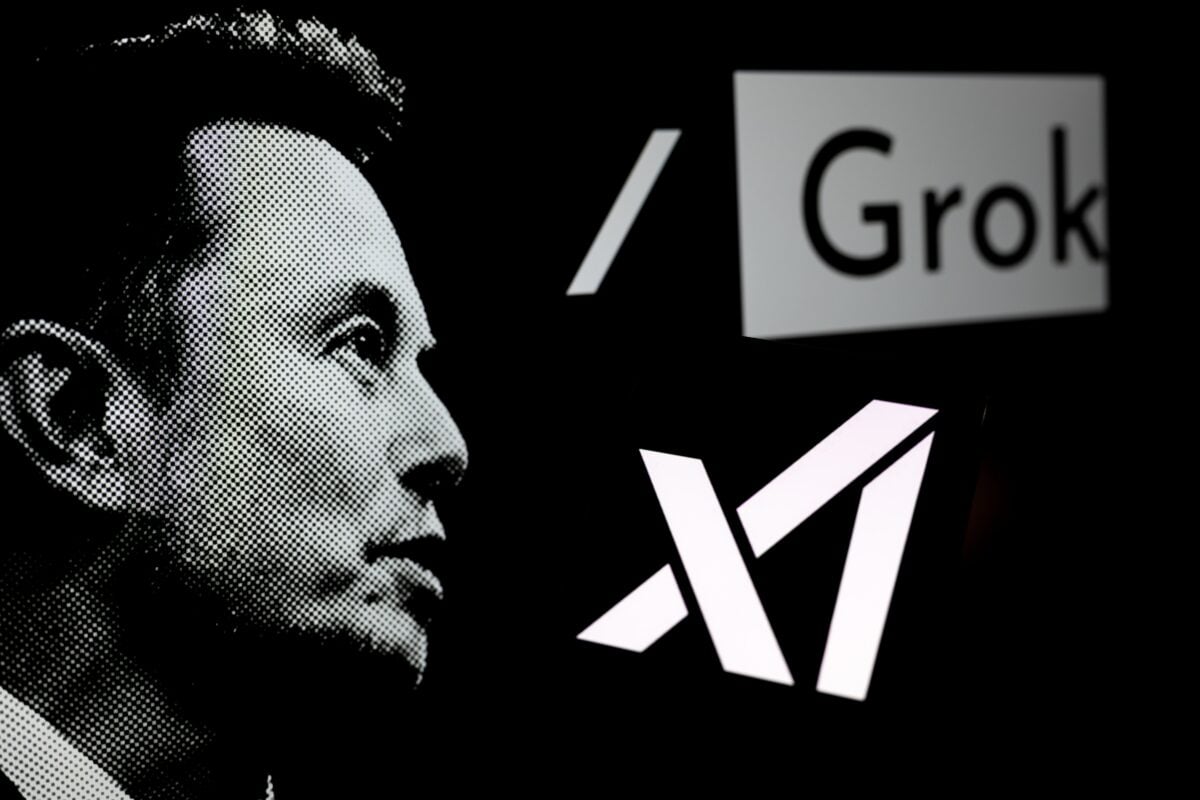TLDRs;
- Musk proposes “Grokipedia,” an AI-driven alternative to Wikipedia aimed at fixing errors and reducing bias.
- Grok would use synthetic corrections to rewrite information drawn from Wikipedia, books, and other online sources.
- Past disputes highlight Musk’s longstanding dissatisfaction with Wikipedia’s neutrality and portrayal of his biography.
- Experts warn AI rewriting raises ethical risks, echoing tensions seen in Wikipedia’s failed AI summary trial.
Elon Musk has once again taken aim at Wikipedia, hinting at the creation of a new knowledge resource he calls “Grokipedia.”
Speaking on the All-In Podcast, Musk revealed that his artificial intelligence startup, xAI, is building tools within its chatbot Grok to automatically detect inaccuracies in online content and rewrite them into cleaner, more reliable entries.
The billionaire entrepreneur suggested that Grok’s “synthetic corrections” could become the foundation for an alternative database to Wikipedia, one designed to strip out errors, omissions, and what he views as ideological bias. If realized, Grokipedia would represent one of the most direct challenges yet to the world’s largest crowdsourced encyclopedia.
Musk pushes Grok beyond chatbot functions
According to Musk, Grok’s upgraded system reviews data from sources such as Wikipedia, books, and websites, then reprocesses the information by filtering out inconsistencies. Unlike traditional fact-checking, this process uses AI-generated “corrections” to synthesize knowledge into what Musk describes as a more objective version of truth.
“Wikipedia has a lot of great content,” Musk said, “but it’s not free of errors or bias. Grok can help clean that up.”
This proposal marks Musk’s latest move to differentiate xAI’s Grok from competitors like ChatGPT or Gemini, positioning it as not just a conversational bot but a tool for reshaping the internet’s knowledge base.
Wikipedia faces renewed credibility scrutiny
Musk’s criticisms of Wikipedia are not new. In 2022, he accused the platform of bias after an editing controversy over the definition of “recession” triggered more than 180 edits in a single week.
A year later, he clashed with Wikipedia founder Jimmy Wales over neutrality and transparency, a dispute that spilled onto social media.
Musk has also publicly objected to the portrayal of his own biography on Wikipedia. He once requested editors remove the label “investor” from his page, preferring a focus on his leadership roles. Despite these disagreements, Musk’s page remains classified as a “good article”, a designation awarded to fewer than 1% of all Wikipedia entries.
Meanwhile, Wikipedia itself has faced turbulence over AI adoption. In June 2025, the Wikimedia Foundation halted its experiment with AI-generated summaries following a strong backlash from editors. Community members argued that rolling out AI features without consensus risked undermining Wikipedia’s reputation for collaborative governance and accuracy.
AI challenges in rewriting online knowledge
Although Musk envisions Grok as a superior alternative, researchers warn of significant hurdles in using AI for large-scale content correction.
A 2024 study showed chatbots deliver strong performance on simple fact-based queries but struggle with complex “why” and “how” questions. Problems included faulty reasoning, technical inaccuracies, and the inability to cite valid references.
Synthetic corrections raise ethical questions as well. If AI rewrites an entry, who is accountable for the outcome? Critics argue that replacing community-driven editorial oversight with algorithmic automation could simply introduce new layers of bias and error.
Industry tensions over AI in knowledge platforms
The debate reflects broader tensions across the digital knowledge economy. Platforms from Google Search to niche academic summarization tools are racing to integrate AI-generated content. Yet as Wikipedia’s halted trial showed, introducing AI without careful oversight can alienate contributors and weaken trust.
That said, whether Grokipedia becomes a fully fledged rival or remains a thought experiment, Musk’s announcement ensures the debate over accuracy, bias, and AI in online knowledge is far from settled.







